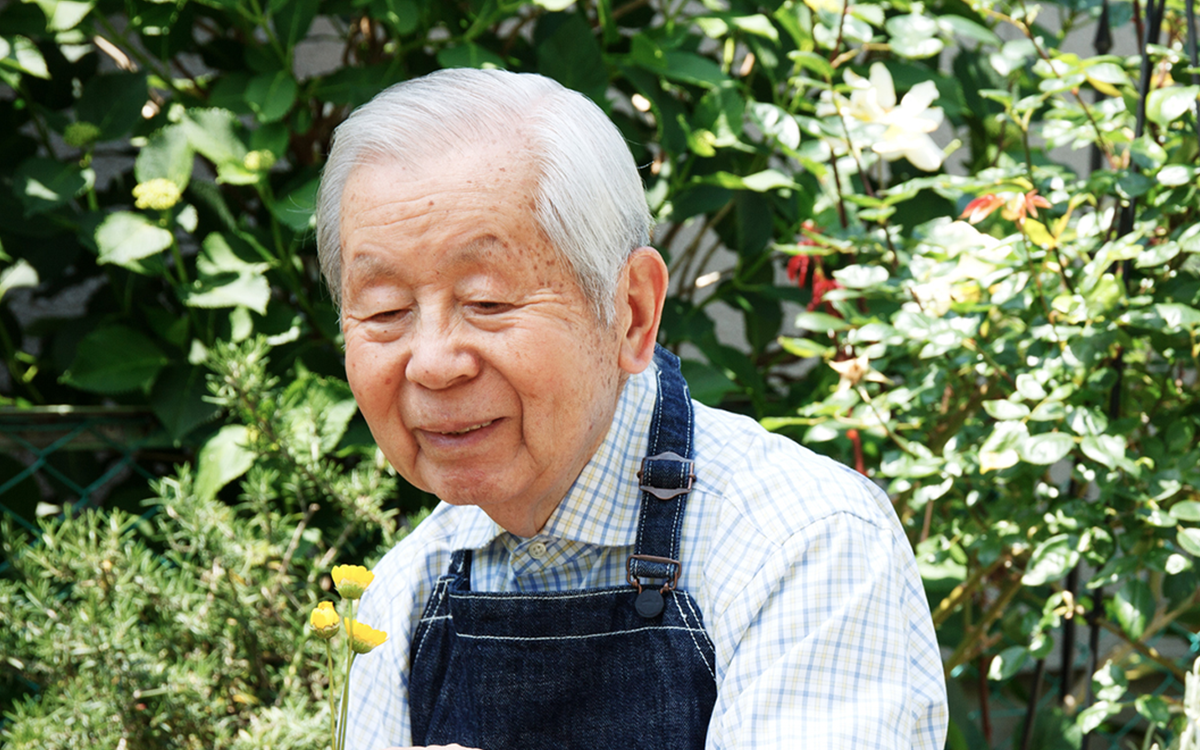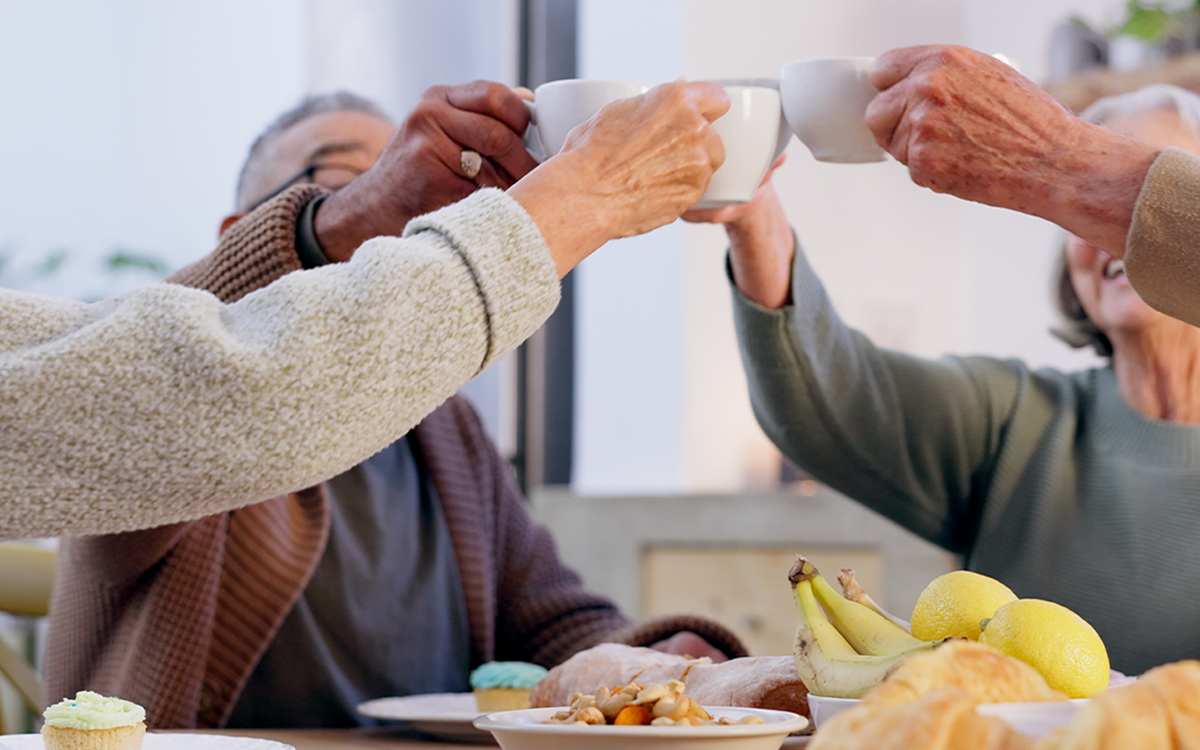There’s feeling tired after a poor night of sleep or staying up too late the evening before, and then there is the incessant fatigue that sets in despite how many hours you spend in bed. But what causes the body to enter that lethargic state that’s so hard to shake? Let’s take a look at some of the causes of fatigue in seniors, and then a few proven ways you can combat it.
The 5 most common causes of fatigue in seniors
1. Illness like rheumatoid arthritis, cancer, and chronic diseases like Chronic diseases like diabetes, heart disease, kidney disease, liver disease, thyroid disease, and chronic obstructive pulmonary disease (COPD).
Other illnesses include:
· Infections
· Untreated pain and diseases like fibromyalgia
· Hypercalcemia
· Anemia
· Sleep apnea and other sleep disorders
· UTIS
Even the medications you take in treatment of some of the above diseases, like antidepressants, antihistamines, and medicines for nausea and pain, or medical treatments like chemotherapy and radiation, along with recovering from major surgery, can cause fatigue.
TIP: Look carefully at any contraindications whenever you’re taking new medication to see if fatigue is a side-effect. And always remember it’s okay to ask for help! If you’re feeling fatigued on the regular, schedule an appointment with your trusted healthcare provider to rule out any possible illness.
2. A poor diet that includes “too much” of the usual suspects. Too much: Refined sugar and processed food with empty calories, alcohol (which can also interact negatively with your medications!), and caffeine. These addictive, often yummy habits may be draining your energy away behind the scenes.
TIP: Choose nutritious, energy-boosting foods and ingredients when shopping. If the “bad stuff” isn’t in your pantry, it’s easier to eat health aka what you’ve got! When it comes to caffeine, most of us wouldn’t survive without that daily cup—just ensure you’re drinking it in the am hours so as to avoid the buzz into bedtime.
3. Mental health is of very real importance. As we age, fearful feelings about being inconsequential, the future, overall health, and other emotional stressors can zap energy away like nobody’s business, morphing from a mental problem to a physical one in no time.
TIP: Regular physical activity, socializing, and strong sleep habits can help bolster mood, creating a positive snowball effect on your life. Yoga and meditation are other ways to benefit both your mental health and overall wellbeing. Speaking with a licensed counselor is also highly recommended for additional tips on coping skills, invoking positive world views, and finding healthy ways to deal.
4. Hormonal changes are often at the root of sleeping problems in older adults, making it more difficult to regulate your sleep cycle as you age.
TIP: Speak with your trusted healthcare provider about your body’s changes, for tips on how to age gracefully and fully in touch with your body’s transitions.
5. Dehydration is a common cause of fatigue in seniors. Whether it’s because they forget to drink, or simply don’t want to because it means urinating more often, not getting enough water intake can cause fatigue, agitation, and confusion. Dehydration is also a common side effect from certain medications.
TIP: Keep a daily tally of how many cups of water you’ve had, either with a good ol’ pen and paper, or a tracking app on your phone, since we’re never without those, these days!
On that note, endless social media scrolling on said phone can be another cause of fatigue. We like this article from Forbes on 5 Ways to Overcome Online Social Media Fatigue For Mental Well-Being.
For more ways to engage authentically with the world around you, discover Verve Senior Living’s many Life Enrichment opportunities.




